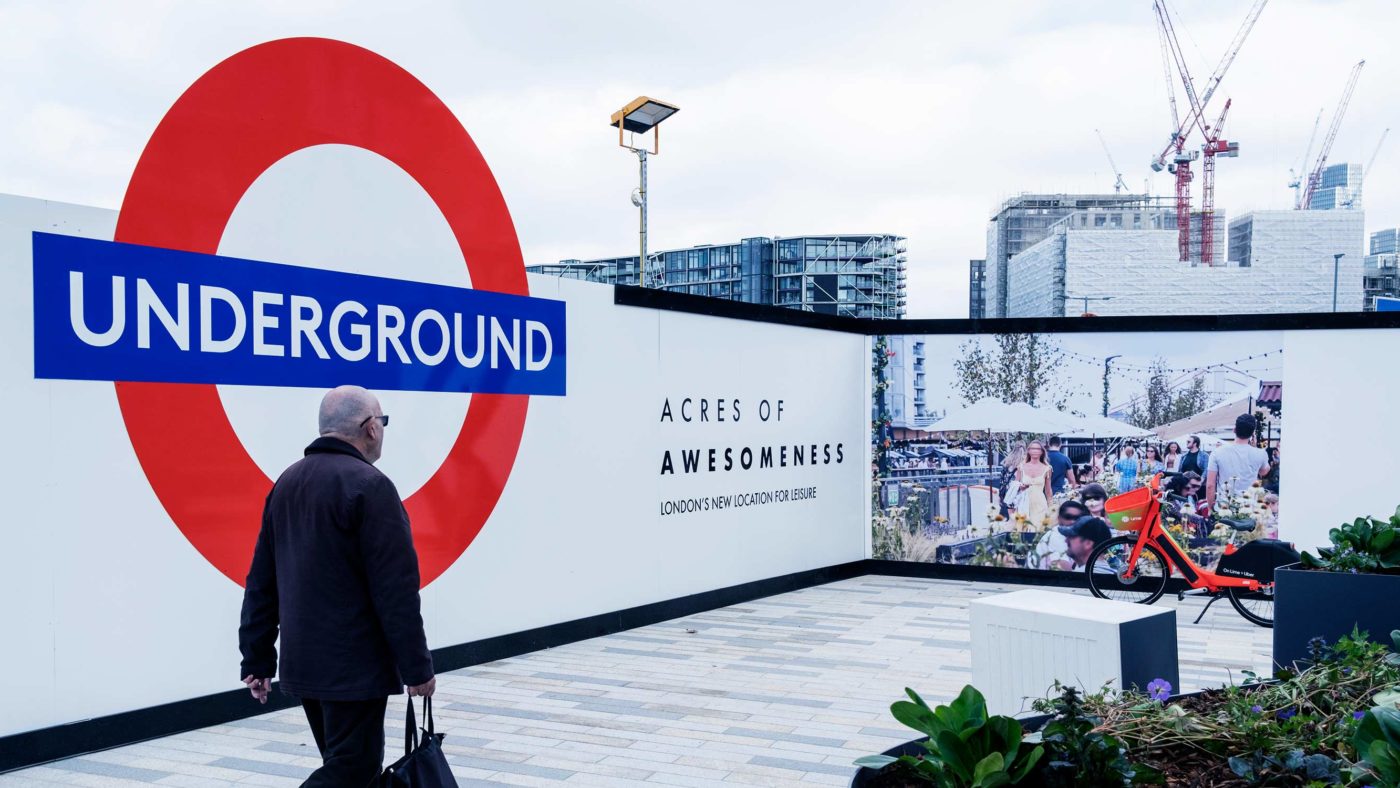With the Government’s much-vaunted commitment to ‘Levelling Up’, public investment in infrastructure is all the rage. But who really reaps the reward when the state doles out taxpayers’ cash on improving our roads, railways and so on?
The simplest answer is that the benefits accrue to taxpayers themselves, both in terms of faster and more convenient travel and, in a broader sense, from a more productive economy. But on an individual level those gains are trifling compared to the gold-rush that new infrastructure can bring property owners in the vicinity of, say, a new train line.
That an already wealthy minority can make hay at the public’s expense is not a new issue. Indeed, Winston Churchill complained about it with characteristic clarity way back in 1909:
“Roads are made, streets are made, services are improved, electric light turns night into day, water is brought from reservoirs a hundred miles off in the mountains — and all the while the landlord sits still. Every one of those improvements is affected by the labour and cost of other people and the taxpayers. To not one of those improvements does the land monopolist, as a land monopolist, contribute, and yet by every one of them the value of his land is enhanced. He renders no service to the community, he contributes nothing to the general welfare, he contributes nothing to the process from which his own enrichment is derived.”
It’s hard to overstate just how large that enrichment can be. Don Riley, a commercial property developer and author of Taken for a Ride, observed that taxpayers invested £3.5 billion in the Jubilee Line Extension, resulting in a £13.5 billion uplift in property values along the route. We’re seeing the same thing with the new Elizabeth Line, which real estate advisers GVA estimate will produce an uplift of £13 billion in residential values alone – yet we are doing almost nothing to share the benefits of a publicly-funded uplift that makes already wealthy and undertaxed homeowners even wealthier.
The strangest thing, as writer and activist Andy Wightman points out in his book The Poor Had No Lawyers, is that both ‘the public and politicians seem content to sanction this direct transfer of wealth from the taxpayer to private landlords’. That’s a huge missed opportunity. As Wightman note, if landlords had been asked to contribute 25% of their capital gains from the Jubilee Line extension, it would have covered the entire cost of construction.
It’s not just residential landlords and homeowners who benefit. Businesses in areas served by new infrastructure also get a substantial reward, so it stands to reason that they should foot some of the bill.
The new Northern Line extension is a fine example of how to go about this. As Tory MP Anthony Browne explains in an excellent recent piece for ConservativeHome, the key lies in using Tax Increment Financing (TIF) – a policy tool that has already proven successful in the US.
The basic idea is that government can offset the cost of construction against future revenues from business rates paid by firms operating in the area that benefits from new infrastructure. As Browne notes, TIF is particularly attractive because it doesn’t require any tax increases or funding from existing taxpayers.
From TIF to PPT
That still leaves us with the issue of capturing the surge in the value of residential properties, especially in London and the south-east, where homeowners have benefited from huge investments in projects such as Eurotunnel and Heathrow Terminal 5.
Given these unearned and largely untaxed gains it does not seem particularly fair that property owners pay a lower tax rate than other parts of the country which have not benefited from the same level of public investment. And, of course, the higher property prices in London and the south-east have made ownership much more challenging for younger generations and low income workers.
So how could we go about taxing that uplift in a sensible way?
The existing council tax system certainly isn’t fit for purpose, not least as it is based upon valuations conducted 30 years ago. As a result we now have a situation where residents in areas with high house price growth tend to be undertaxed. Absurdly, the wealthiest homeowners in Westminster, for example, have ended up paying less tax than the least wealthy homeowners in Hartlepool.
A better idea, advocated by campaign group Fairer Share, is to scrap Stamp Duty altogether and replace council tax with a Proportional Property Tax (PPT) of 0.48% tax on annualised property values. This means that when a new tube line is built next door to a house, and the value subsequently doubles, the owner’s tax bill will increase to reflect that.
Given that such a change would hurt the ‘asset-rich, cash-poor’ – such as pensioners with expensive homes but only a modest income –Fairer Share have suggested that tax increases should be capped at £1,200 a year. Those unable to afford that increase would have the option to defer the bill until the point of sale. Even so, the vast majority of people won’t need these protective measures and 76% of households would see an immediate reduction in their tax bills.
Taken together, Tax Increment Financing and a Proportional Property Tax offer innovative, fair and efficient ways of capturing the gains from new construction. With the Prime Minister faced with the twin challenges of levelling up and balancing the books, he could do a lot worse than giving both a try.
Click here to subscribe to our daily briefing – the best pieces from CapX and across the web.
CapX depends on the generosity of its readers. If you value what we do, please consider making a donation.


